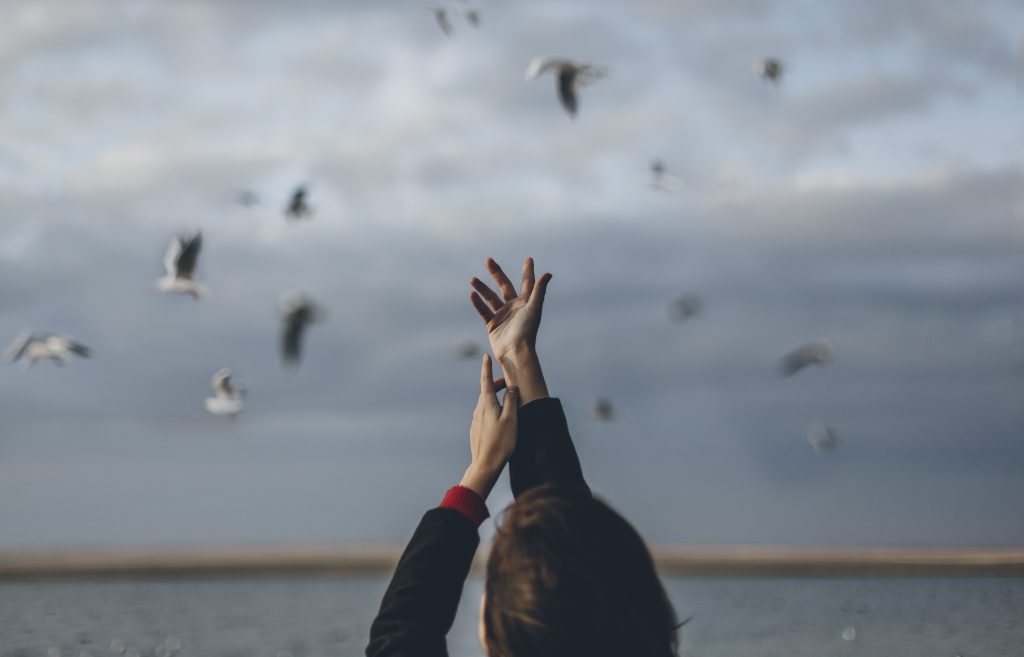How I Learned to Navigate Autism and Embrace My Own Uniqueness
Growing up, I was very quiet kid. Before the age of seven, I rarely spoke to my peers, friends, or family, and everyone around me, including myself, thought I was different. This made it hard for me to interact with others and even as a little kid I faced a lot of bullying—probably because no one understood why I was so different.
This started to change when I was diagnosed with autism. I have some vague memories of the day it happened. I was seven years old and recall going to Children’s Hospital in Vancouver and doing a bunch of tests before finally receiving a diagnosis from a doctor near Oakridge Mall. I obviously didn’t know what the word autism meant when I heard it, but even then I realized that my life started changing after the diagnosis: I started going to speech and language therapy, for example, and getting help at school. This helped me a lot, because learning how to pronounce words such as “the” properly gave me new confidence and allowed me to begin interacting with others.
Accepting myself and valuing my uniqueness is teaching me to be more comfortable with my diagnosis. I now know this will be a lifelong process, as I’ll always be autistic and the diagnosis will forever live inside of me
While the diagnosis helped with some things, it still didn’t mean life was perfect. When I got to high school, the bullying came back. By then I had a few friends who were always kind and respectful, but I also had to deal with teenagers who were mean and didn’t really care to understand autism, even when I tried to explain it to them. All this was exacerbated by the fact that everyone, including myself, was experiencing puberty and doing our best to fit in.
I have some painful memories from this time. For example, I remember trying to mingle with the popular girls at school and being rejected by them. I also remember trying to tell people my story, and them ignoring me. This hurt, but it also taught me something valuable, and as I began gaining more confidence and accepting myself for who I was, I began understanding that it was their loss. I was (and still am) a great young woman who doesn’t need to search for acceptance from people who don’t see eye-to-eye with me or who don’t have empathy to try to understand what it’s like to have autism.

While high school was tough, things got much better when it ended. I no longer had to worry about being bullied or taunted and started finding like-minded people who I could share my story with. My involvement with the Canucks Autism Network helped a lot. Through the group I learned to become more comfortable with being autistic and gained confidence in myself. The staff, volunteers, and participants see me for who I am, and allow me to engage with them beyond my diagnosis, which is something I wish everyone could do. I truly believe that we don’t need to be defined by labels or stereotypes and should instead focus on being the best version of ourselves.
While living with autism isn’t easy, I have found people who can provide advice and support when people treat me unfairly or things get tough. This support, coupled with a new found acceptance of my diagnosis, helps me be true to myself and ignore those who misunderstand and disrespect me. If I had one piece of advice for other people with autism, it would be to love themselves for who they are and surround themselves with others who do the same.
I was (and still am) a great young woman who doesn’t need to search for acceptance from people who don’t see eye-to-eye with me or who don’t have empathy to try to understand what it’s like to have autism.
Accepting myself and valuing my uniqueness is teaching me to be more comfortable with my diagnosis. I now know this will be a lifelong process, as I’ll always be autistic and the diagnosis will forever live inside of me. But this does not affect my greatest hope and desire, which is to overcome my disability and show “individuals what it’s like to have autism so they learn to accept me the way I have accepted myself: as a strong, unique woman.
Written by Keara Farnan
Keara is a freelance writer who works part-time in retail. She’s currently working on a novel and plans to go back to school in the near future to hone her craft as a writer.
Find out more about Foundry.